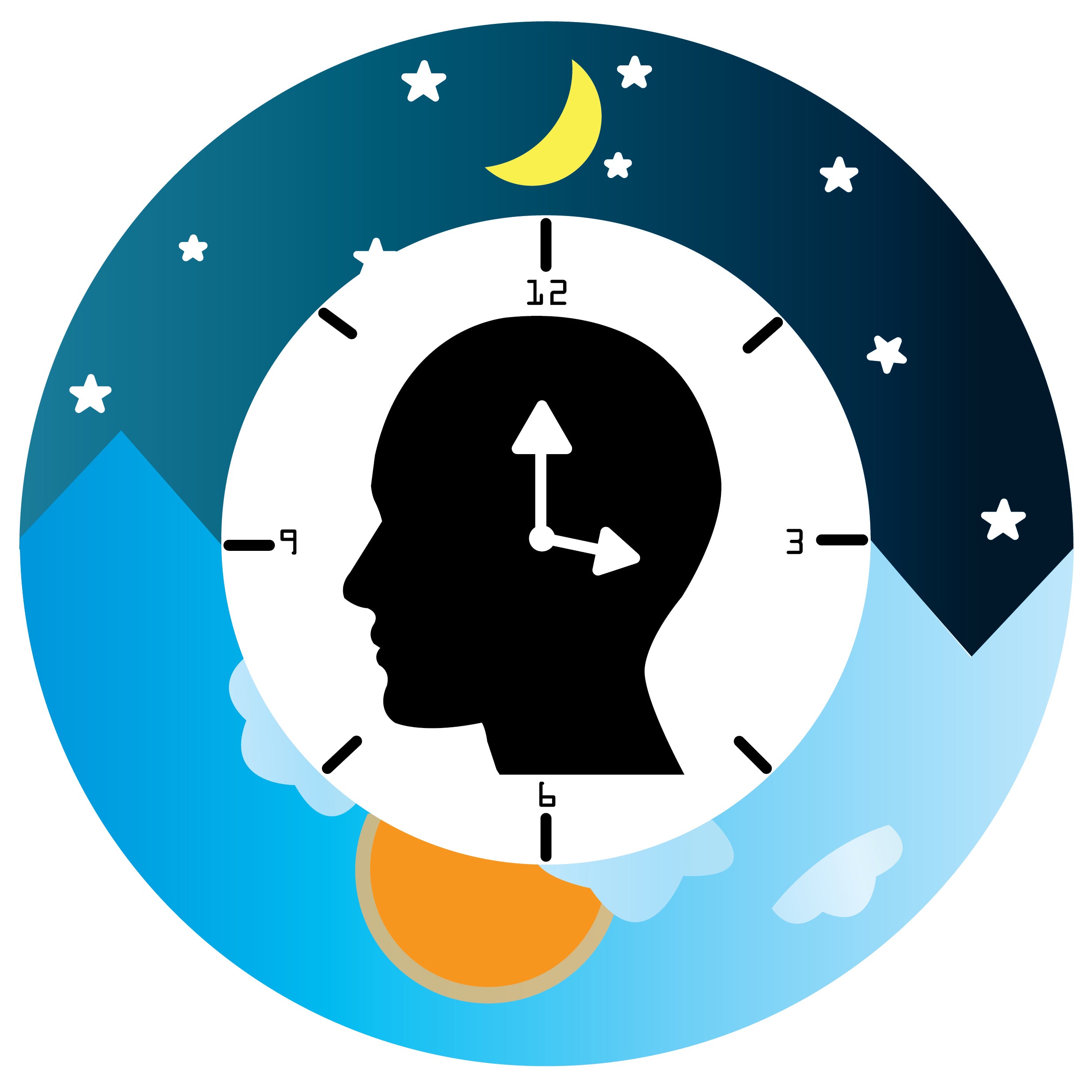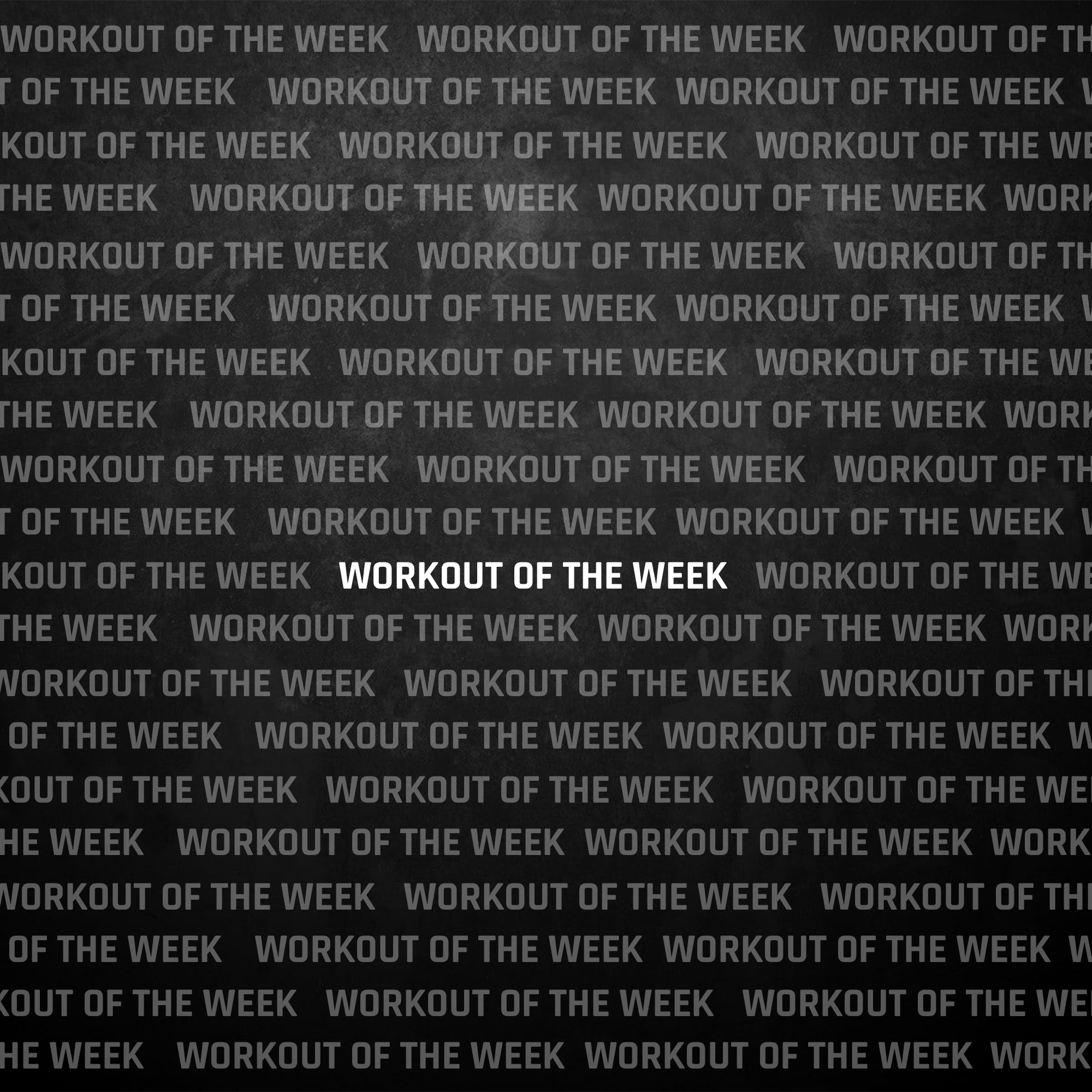A study published in June found that one 60-minute exercise session shifted the body clock of mice by an hour either way.
Just like exposure to light and eating meals at set times can affect internal clocks, so do the timing of muscle contractions throughout the day.
The researchers in this study, which was published in the Journal of Physiology, made mice run at different phases of the day and examined their response.
Mice have an active phase and a rest phase which are equivalent to day and night in humans. The mice ran on a treadmill either in the middle of their rest phase, an hour before beginning the rest phase, and in the middle of their active phase.
They found that exercising an hour before rest delayed the onset of the rest phase while exercise in the middle of the active phase caused an advance. The treadmill run in the middle of the rest phase had little effect.
Christopher Wolff, a co-first author on the study, told The Physiological Society: "This research is really important because it highlights the effect exercise can have on our body clocks.
“If this is replicated in humans it means that night-shift workers can use exercise to help shift their body clocks.
“We may also be able to use exercise as a treatment for a 'body clock disorders' that can occur in many chronic diseases such as heart disease."
More studies and trials on human subjects will be needed to see if the results are applicable, but using exercise to control sleeping patterns would certainly be a game-changer for many.
























































Share:
5 Desserts Packed With Protein
Dwayne “The Rock” Johnson’s Diet & Training Routine